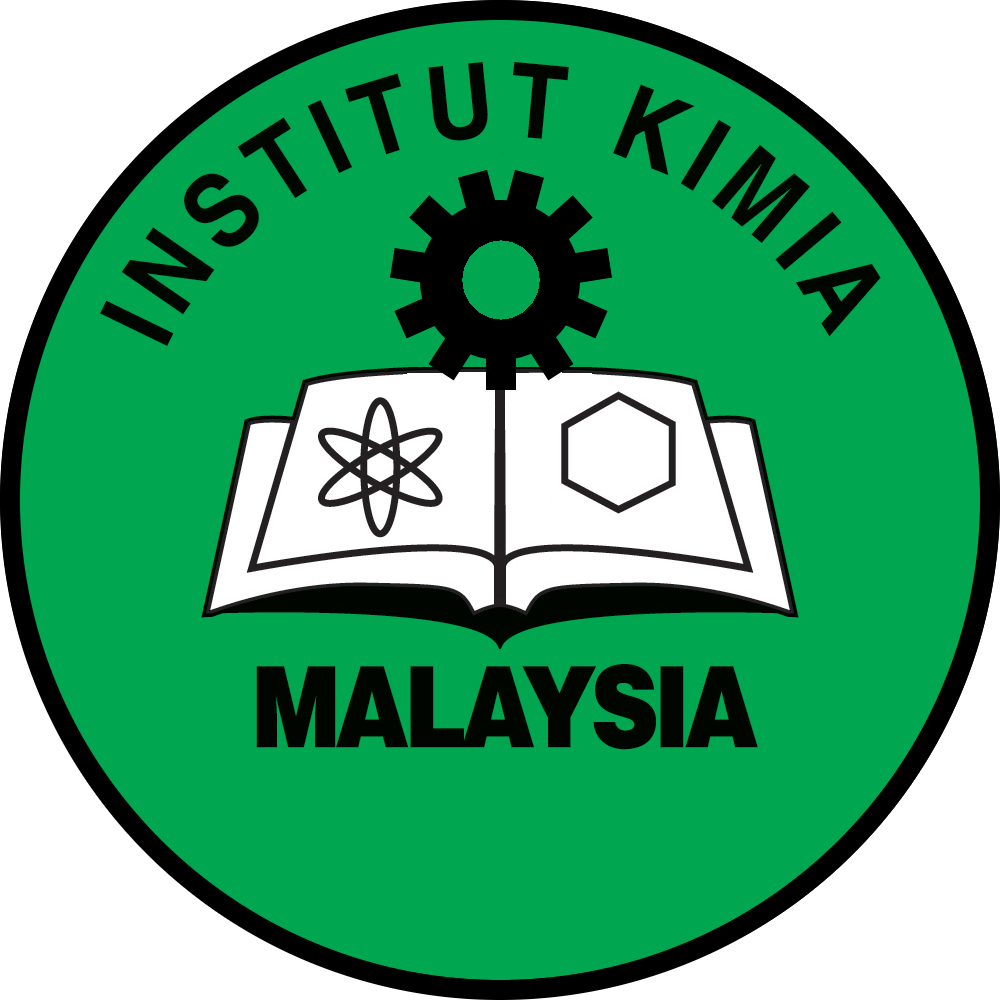About MJChem
Mission Statement
The Malaysian Journal of Chemistry (MJChem) is the flagship publication of the Malaysian Institute of Chemistry (also known as Institut Kimia Malaysia) which aims to provide a publishing platform for scientific research findings in the fields of chemistry and chemistry-related areas.
Scope
The Journal publishes articles on the following categories:
(i) Research Articles; (ii) Short Communications; (iii) Research Perspectives and (iv) Reviews.
Article contributions including but not limited to, the following topics will be considered for publication:
- Analytical chemistry (Characterization and analysis)
- Inorganic chemistry (Organometallic chemistry)
- Materials chemistry (Solids, liquids, polymers)
- Nuclear chemistry (Radioactivity, nuclear properties and processes, such as nuclear transmutation)
- Organic chemistry (Structure, properties, composition, mechanisms and reactions of organic compounds)
- Physical chemistry (Chemical thermodynamics, chemical kinetics, electrochemistry, statistical mechanics, spectroscopy and more recently astrochemistry)
- Theoretical chemistry (Quantum mechanics, quantum chemistry, computational chemistry, computer programs)
The journal has been accepted for indexing in Scopus effective June 2018 (https://www.scopus.com/sourceid/21100874945).
PUBLICATION ETHICS
Publication Ethics and Malpractice Statement
- Publication and authorship
All articles which are contributed to the Malaysian Journal of Chemistry (MJChem) for publication would be critically evaluated (double-blind peer reviewing process). Relevance, significance, originality, legibility and language would be the deciding factors in the review process. Articles would be judged as acceptable ‘in its present form’, ‘with minor revision’, ‘with major revision’ or as ‘unacceptable’. Articles revised, as per the recommendations/comments of the reviewers, could be re-evaluated by the reviewers when requested to. There is no guarantee that the revised submission would be accepted. On acceptance for publication, papers would be subjected to editorial amendments. - Authors' responsibilities
The title of manuscripts should reflect the content and contain terms that could improve and enable easy retrieval of the article during a literature search. An abstract is also a significant part of a scientific article and critical for information retrieval purposes/literature search―thus, it should preferably be a self-contained entity that could credibly reflect the article without reference to the main text. Article contributions are not a license for lengthy discursive treatments and internal laboratory reports are not usually considered suitable without drastic revision. By submitting a manuscript, the authors have to agree that the copyright for the article is transferred to the Publisher (Institut Kimia Malaysia), if and when accepted for publication. The copyright covers the exclusive rights to reproduce and distribute the article. Authors are bound to maintain a high ethical standard relating to the publication of manuscripts. Authors are obliged to (1) participate in the peer review process (2) provide retractions or corrections of mistakes and (3) identify all sources used in the manuscript and these must be manifested distinctly in the references/bibliography. - Reviewers' responsibilities
The role of a reviewer is prime and vital to the editorial processing of journal publication, and thus they are responsible for upholding the high ethical standards relating to the publication of manuscripts. Being subject experts, they are obliged to demonstrate their competency and adhere to the general code of conduct, and conflicts of interest guidelines. Reviewers should treat the manuscript as confidential, judge it objectively, provide an evaluation in a timely fashion and avoid personal criticism in their article review. Being ‘gatekeepers’ of scientific information related to R&D in their specific area of expertise, they should ensure that the evaluated articles provide informed and unbiased scientifically valuable material, with due accuracy, originality, and impact. Also, the reviewers should distinctly point out relevant published work which is not yet cited. - Role of the Editorial Board/Editor-in-Chief/Executive
Editor/Editor/Technical Editor
Collectively responsible (directly/indirectly) for the editorial policy, administrative and executive actions regarding acceptance/rejection of manuscripts and publication of the Journal while ensuring that the revised articles are in accordance with the recommendations of the referees.
